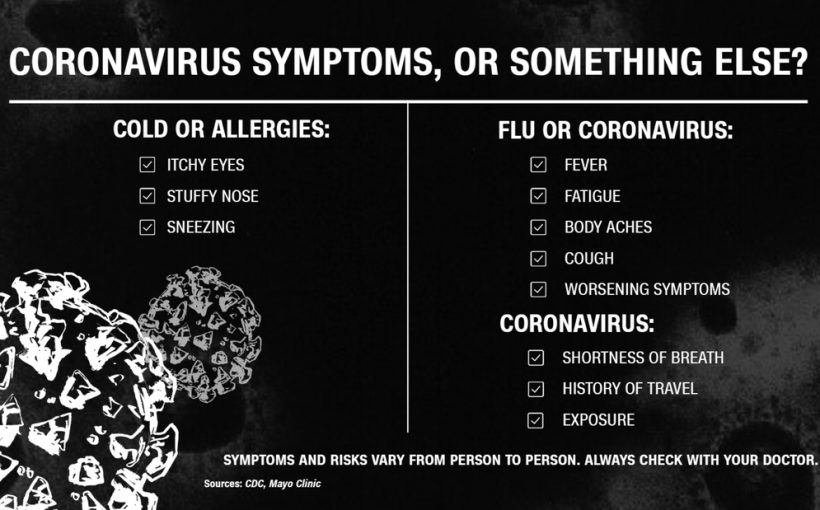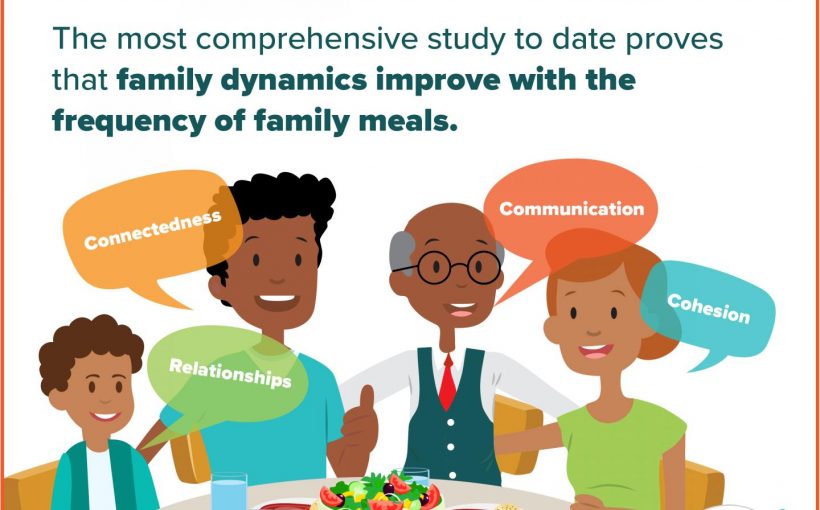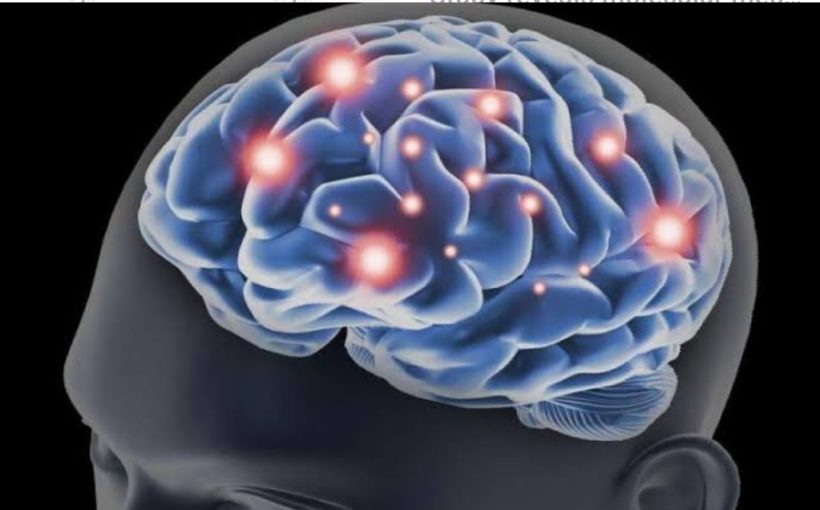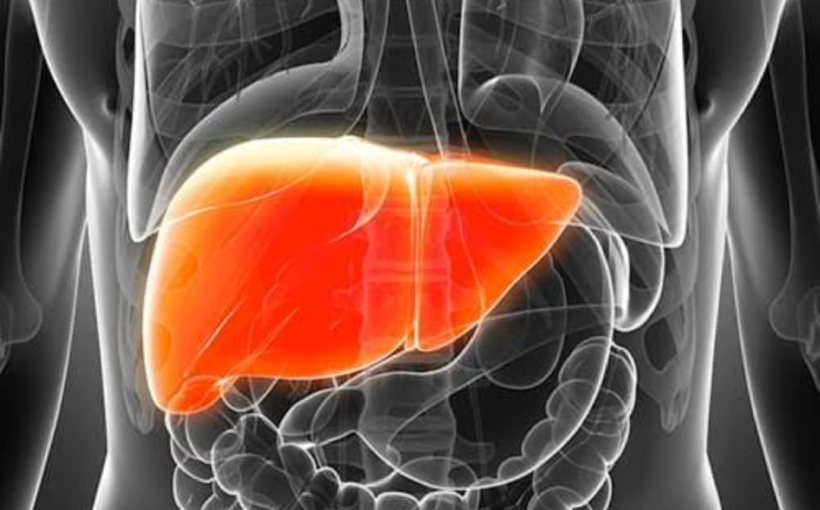Intestinal bacteria operate as a self-sufficient organ: they influence the immune system and the brain via their metabolites. The short-chain
Month: March 2020

The flu or the coronavirus? How to tell the difference
The coronavirus has infected more than 100,000 people worldwide. With all of the news of event cancellations, empty flights and health precautions (wash

Music shows promise in decreasing delirium in critically ill patients
INDIANAPOLIS – It is common for critically ill patients on life support to develop delirium, a form of acute brain

New study confirms value of family meals
A new study published in the Journal of Nutrition Education and Behavior (JNEB) builds on years of previous research studies and demonstrates

Study: Daily avocado consumption improves attention in persons with overweight, obesity
An avocado a day improves the ability to focus attention for overweight or obese adults, Illinois researchers found in a
Deep learning electrocardiogram devices found to be susceptible to adversarial attack
A team of researchers from New York University and NYU Langone Health has found that deep learning electrocardiogram devices can

Scientists categorize neurons by the way the brain jiggles during a heartbeat
The brain jiggles when the heart beats, and now, researchers have found a way to use that motion to better
Study shows CRISPR effectiveness against colitis pathogen
Research at North Carolina State University shows that the CRISPR-Cas system can be used to effectively target and eliminate

How intermittent fasting changes liver enzymes and helps prevent disease
Researchers in Australia have used state-of-the-art analytical tools to understand how intermittent fasting works on the liver to help prevent
Glucose acts as a double edged sword on longevity factor SIRT1
Feeding and fasting cycles exert control over metabolism and energy utilization. Aberrations are known to cause metabolic diseases, liver dysfunctions
